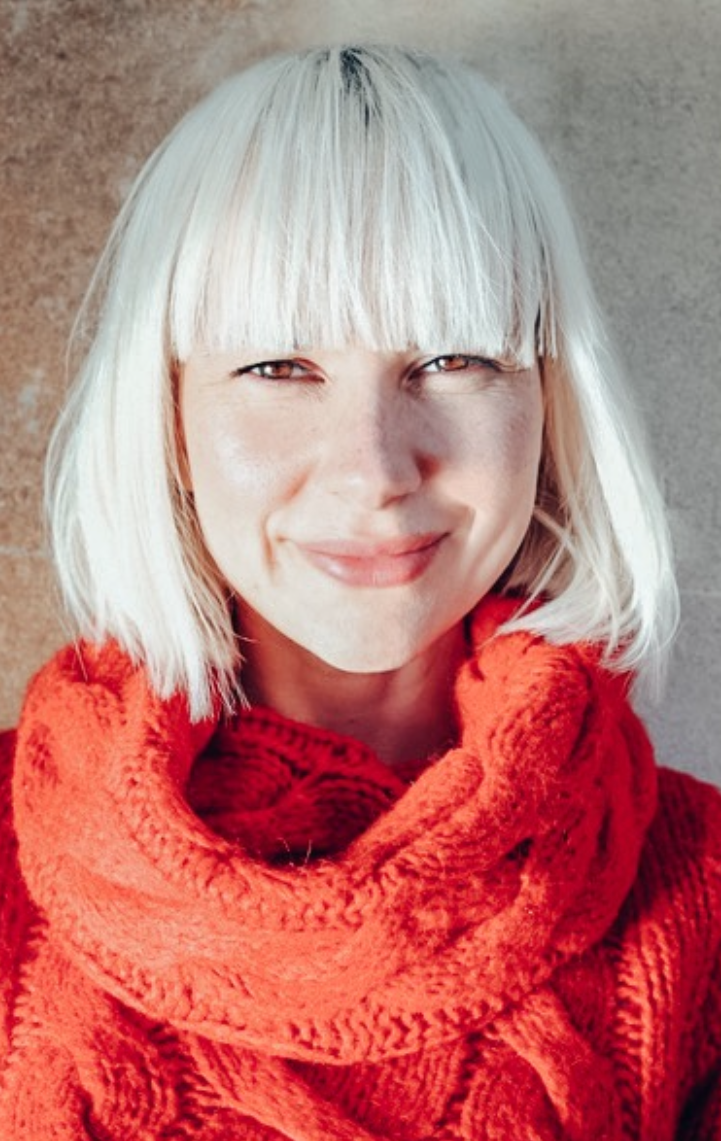Love is one of the most profound and powerful emotions we can experience as human beings. But what happens when falling in love becomes a compulsion used to soothe an unease?
We live in a culture that propagates drama and dysfunction within relationships: cycles of alternating ecstasy and despair. U2's famous 'I Can't Live - With or Without You', Radiohead's 'All I Need', and Florence and the Machine's 'Kiss with a Fist' are all prime examples of promoting and glamourising toxic partnerships.
Popular film love stories and soap operas contribute to the idea that love ought to be an excruciating passion. We are being modelled obsession and dysfunction everywhere we look - there is a distinct lack of role models for healthy relationships within the media. Healthy is boring. We want drama, we want entertainment, and that has never been truer in the world that we live in today.
In our fast-paced consumerism society, we want love and we want it fast - consume it and throw it out before it gets too serious and intimate. The other extreme is to stick with it, no matter how toxic it is - as long as it detracts from our fear of non-being or feeds our lust for drama and attention; one never-ending honeymoon period, we're game!
What is love addiction?
Erich Fromm describes people's longing for love as the ultimate "deepest need of man", as it helps to overcome the feeling of separateness and the urge to find "at-onement".
A typical feature of love addiction is a feeling of wanting to merge and enmesh with a partner, something that can be linked back to Stanislav Grof's theory, which describes the differentiation of consciousness - wanting a feeling of "symbiotic union".
Love addiction is a special form of codependency: Not all co-dependents are love addicts but all love addicts show signs of this human condition. As in co-dependency, love addicts make their partner their higher power, which ties in with an inability to surrender and, therefore a struggle to walk a spiritual path.
The main distinction is a love addict's focus is on experiencing the initial stages of infatuation, the exciting feeling of falling in love at the beginning of the relationship.
Using psychosynthesis to understand love addiction
Understanding love addiction through a psychospiritual framework means we can take into account personality, rather than merely looking at it from the perspective of addiction itself. In that sense, from a psychosynthetic point of view, it is our longing to be whole again with the divine that we confuse with the longing for unity with another person.
Inherent in psychosynthesis and in the reality of the Self is the paradox that we are both human personal and divine spiritual . We take on masks of Being-in-the-World and the cloaks that represent our cultural identity. With this in mind the therapeutic journey of self-realisation and/or spiritual awakening is the journey of remembering who we most authentically are and learning to express that.
Somatic practices that promote healing
Gabor Maté states that when human beings are faced with having to make a choice between attachment and authenticity they tend to choose attachment. He further highlights how dangerous it can be to disregard our authenticity in order to please and stay with a partner as it can make us physically sick.
Leading on from that, I believe that it is of value to integrate body-based techniques into therapeutic support, since the body is where a lot of trauma is held. I have found techniques such as transformational breathwork a beneficial practice to help release deep-seated, difficult emotions as well as promote a re-alignment with the higher Self.
Including somatic practices firstly helps in promoting acceptance of the body, which itself plays a big role when it comes to holding trauma. Secondly, somatic practices help us to understand the learning on a deeper level, expanding from the intellectual to body and spirit. This helps us feel the knowledge in our bodies so that it becomes second nature.
How do we heal through therapy?
For healing to take place, we need to cultivate an understanding of our deepest wounds. In psychosynthesis we look at pathology bi-focally - we have the neurotic symptoms that the client presents and we consider the bigger picture, which, in this instance, is a rupture of the connection to Self, caused by narcissistic wounding due to a lack of empathic mirroring and attuned care in our childhood. These experiences seem to create an environment and a need for the individual to form an adapted self, which may manifest in developing a love-addictive type personality.
This alienation from Self makes it challenging to connect to our true authentic nature and therefore leaves us with a desperate craving to belong. Further, since we have no real understanding of who we really are, the disconnection prevents us from leading purposeful and fulfilled lives. Since psychosynthesis is a psychology of the Self, it presents a new angle to the healing process for love addiction.
It is mostly about repairing the rupture and helping the individual to reconnect with their emotions, their intuition and true authentic selves to unblock the will and foster a realignment with the higher Self to re-establish a sense of individuality, meaning and purpose in their lives. This work can free them from the cycle of love addiction.
Claudia Behnke is a verified Welldoing psychotherapist in North London and online

